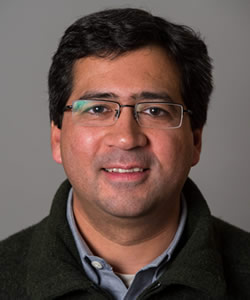“[T]he events of the last two weeks…speak to the need for all of us to honestly address the tensions between the West and the Arab World…”
Those words were spoken by President Obama in his speech to the UN General Assembly on September 25, 2012. The “events: he was referring to, of course, included the spreading news about a crude video insulting the Prophet Muhammad; the killing of American Ambassador Chris Stevens and three of his colleagues in Benghazi, Libya on September 11, 2012; violent protests decrying the defamation of the Prophet throughout the Muslim world, which have killed some fifty people as of this writing; and intensifying debate about the appropriate lessons to be drawn from the video and the ensuing global firestorm. This intensifying debate includes, it must be said, profound controversy about the basic facts and precise causal connections linking this chain of events. For example, are the violent protests that spread across the Muslim world best understood as a spontaneous reaction? Or were there other agendas at work?
Just as President Obama said, all of these events and all the ensuing controversy demand an honest conversation about the tensions between the West and the predominantly Muslim cultures of the Arab World — not to mention Muslim cultures beyond the Arab World, which are in fact home to many more Muslims than the Arab societies of the Middle East and North Africa. A logical forum for such a conversation is Contending Modernities, which is devoted to generating new knowledge and greater understanding of the ways in which religious and secular forces interact in the modern world, with a focus on Catholic, Muslim, and secular interaction.
And the ideal host for such a conversation is Dr. Paola Bernardini, the new Associate Director for Research for Contending Modernities. Paola received a Ph.D. in Philosophy from the Pontifical University of St. Thomas Aquinas, Rome, Italy, where she was a Russell Berrie Fellow in Interreligious Studies. Dr. Bernardini’s doctoral thesis was a comparative study of Abdullahi Ahmed An-Na’im’s human rights theory and Jacques Maritain’s natural law theory. With the post below, Dr. Bernardini launches what we hope will become a broad and vigorous dialogue about Benghazi and beyond.

